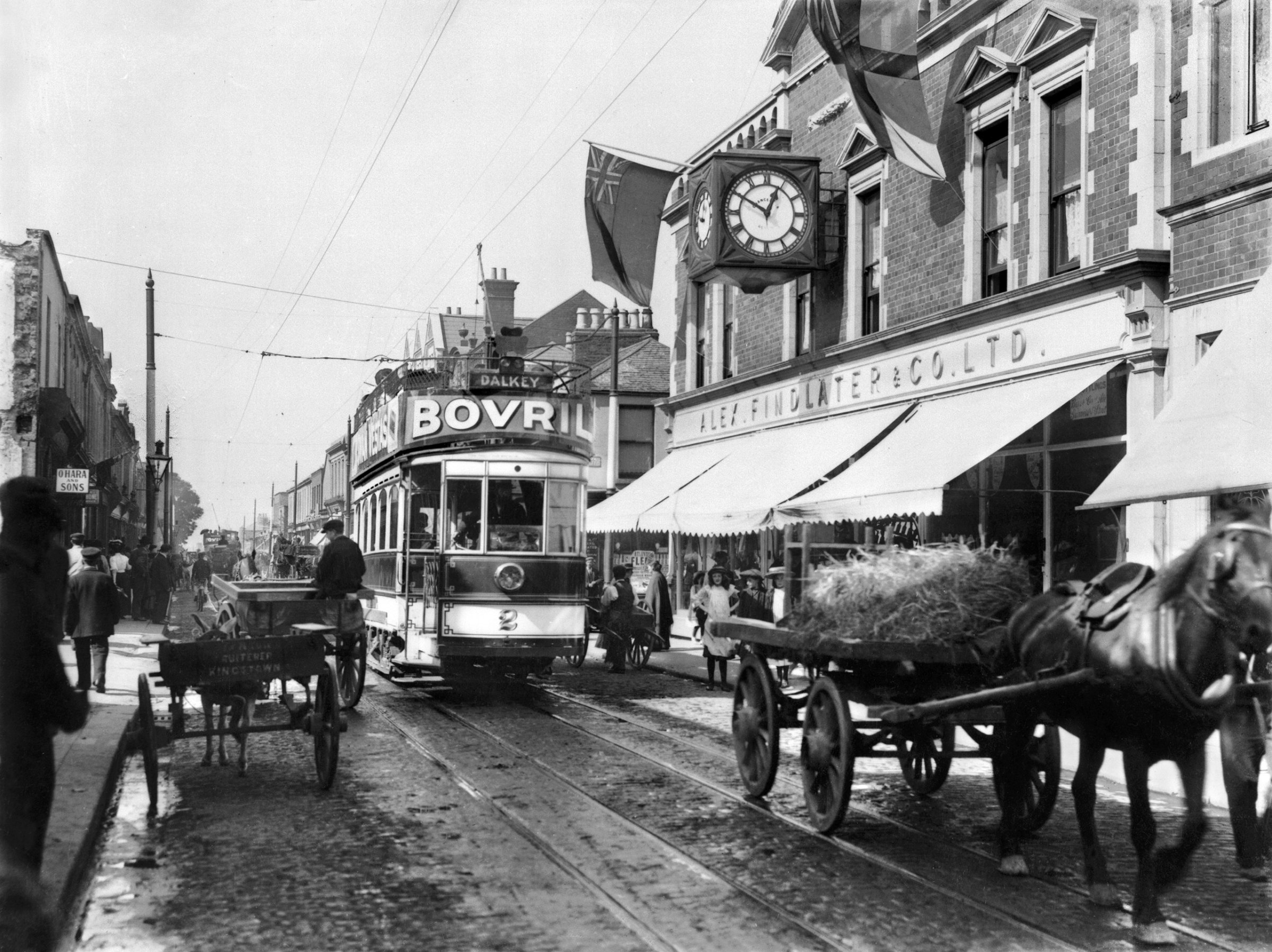
To fans of James Joyce’s Ulysses, June 16 is a “sacred day” known as Bloomsday, a chance to celebrate the book—which traces ad salesman Leopold Bloom’s path on June 16, 1904, in Dublin, the city seen in the photos above—by eating kidneys for breakfast, donning period costumes or simply raising a pint.
Why is the book set on June 16, 1904, of all days? Most likely that’s the anniversary of Joyce’s first date with Nora Barnacle, the hotel waitress with whom he would elope and later live in self-imposed exile from Ireland. But that date influences the story in ways that go beyond sentimentality.
Being set in 1904 means that the novel takes place in the lead up to “the revolution that modern Ireland came out of”—the 1916 Easter Rising and the Anglo-Irish War—says historian Tim Pat Coogan, author of Ireland in the Twentieth Century.
“Politics, economics, and literature were all changed by what was going on in Ireland around 1904,” he says.
For one thing, Ulysses is set amidst a reassessment of what it meant to be Irish. At the time—and ever since the Act of Union had abolished Irish Parliament at the beginning of the 19th century—”Irish representation in [the U.K.] Parliament was relatively small and continuously out-voted,” says Coogan. Especially after the fall of Charles Stewart Parnell, a promising advocate of Home Rule in the 1890s, many Irish people turned to culture and literature as expressions of Irish identity.
The Irish literary revival led by William Butler Yeats, Lady Gregory and J.M. Synge exalted folk tales and poetry and the recording of peasants’ stories. The revival’s leaders believed that they “might not be able to do anything politically in Westminster, but an Irish nation has to have Irish literature,” as James Quin of the James Joyce Centre in Dublin explains. One product of this movement included the 1904 founding of the Abbey Theatre, the national theater of Ireland, while the 1884 establishment of the Gaelic Athletic Association came out of a similar spirit.
Get your history fix in one place: sign up for the weekly TIME History newsletter
The book also captures the political side of the debate over the future of Ireland. Just that year, in 1904, nationalist Arthur Griffith published The Resurrection of Hungary, in which he argued proposed a dual Anglo-Irish monarchy — two parliaments, one sovereign — similar to the relationship between Austria and Hungary that had established by a 1867 compromise. In the years between 1904 and the actual publication of Ulysses, Griffith would help establish the nationalist Sinn Féin movement, something referenced within the novel, according to Quin, when “Bloom points to Griffith as being ‘a coming man.'” Griffith was elected leader of the Irish Free State in 1922, the year the book was published. There’s also the moment, Quin points out, in which another character presumes that Bloom, whose background is Hungarian, gave Griffith the idea of looking to that region for inspiration.
Parts of the novel may reflect Joyce’s own reservations about conceptions of Irishness being discussed at that time. For example, the anti-Semitism experienced by Bloom is an indictment of concern over who was “a pure enough Irishman,” Quin argues.
More broadly speaking, Quin sees Joyce embracing both Irish pride and a larger European tradition. “For Joyce, the idea of turning your back on Europe was nonsense, and as far as he was concerned, we were Europeans first and foremost,” Quin argues. “Characters and events in Joyce’s Ulysses have correspondences with characters and events in Homer’s Odyssey, one of the greatest works in European literature and one of the oldest works in European literature. What Joyce wanted to do is create a different mythology for Irish people, one that wasn’t seen as turning its back on heritage and traditions of Europe.”
However, Ulysses‘s best-known legacy is its literary style, that “stream of consciousness” format. TIME argued it’s the most influential novel of the 20th century because it “expanded the domain of permissible subjects in fiction.”
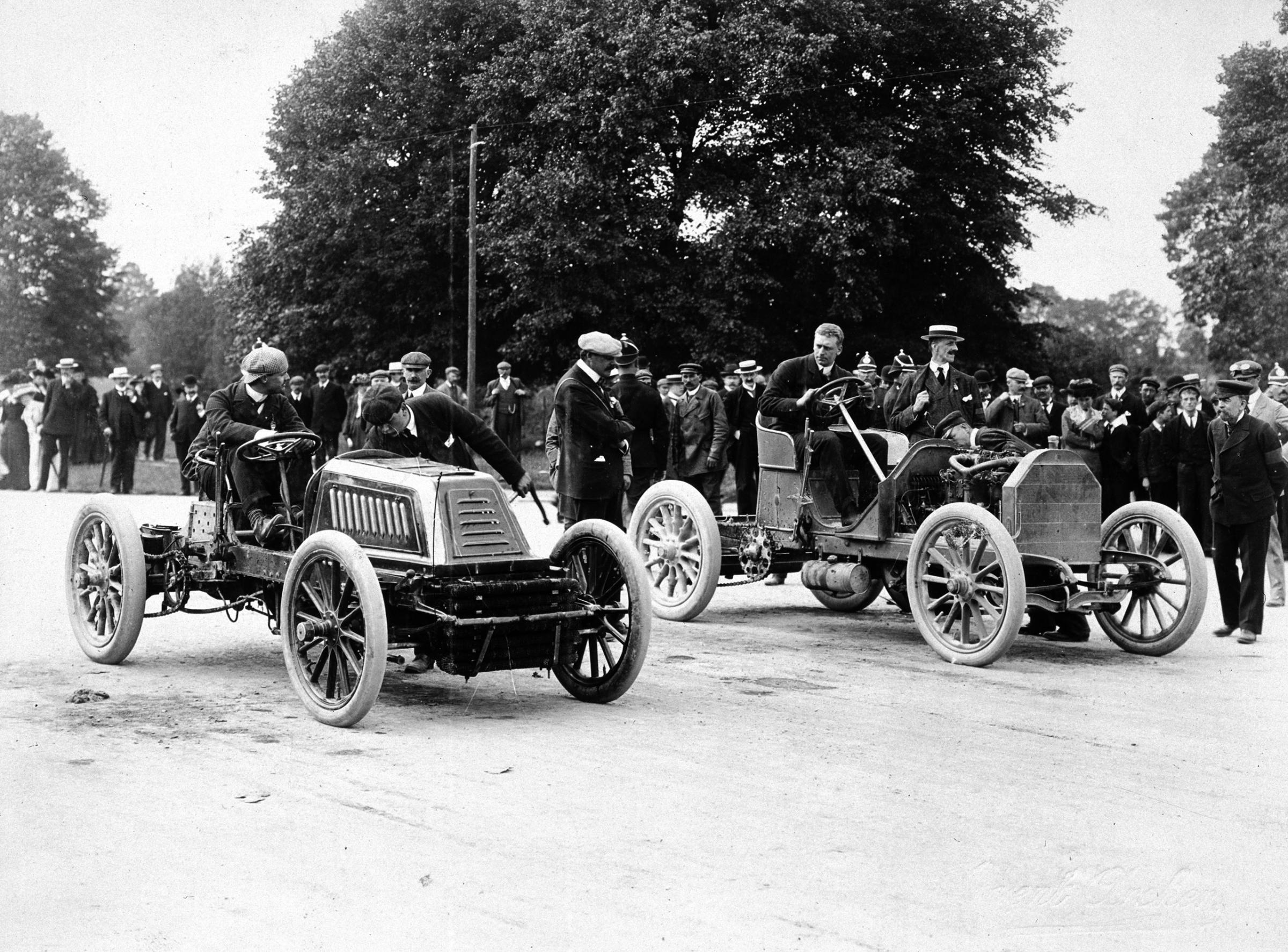
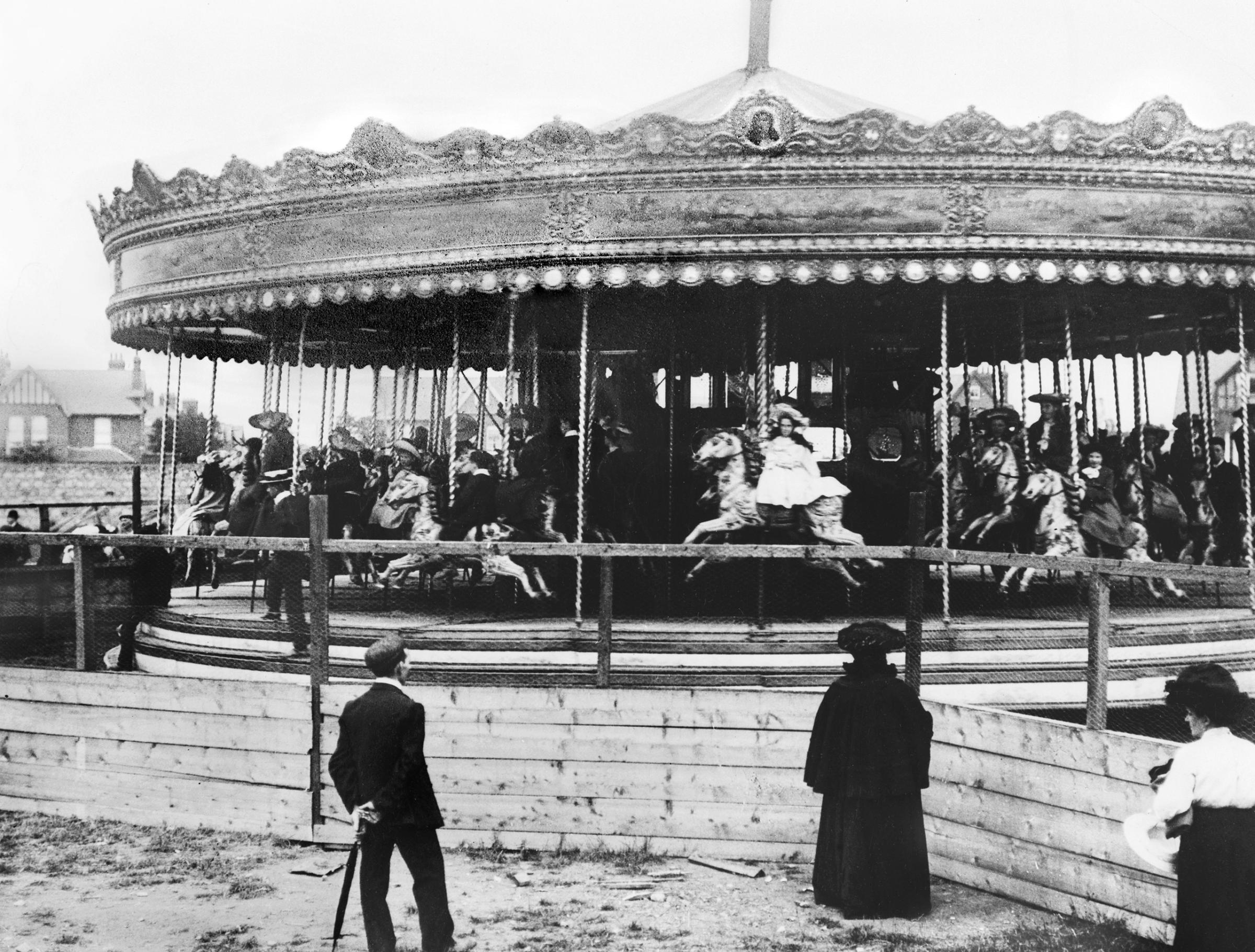
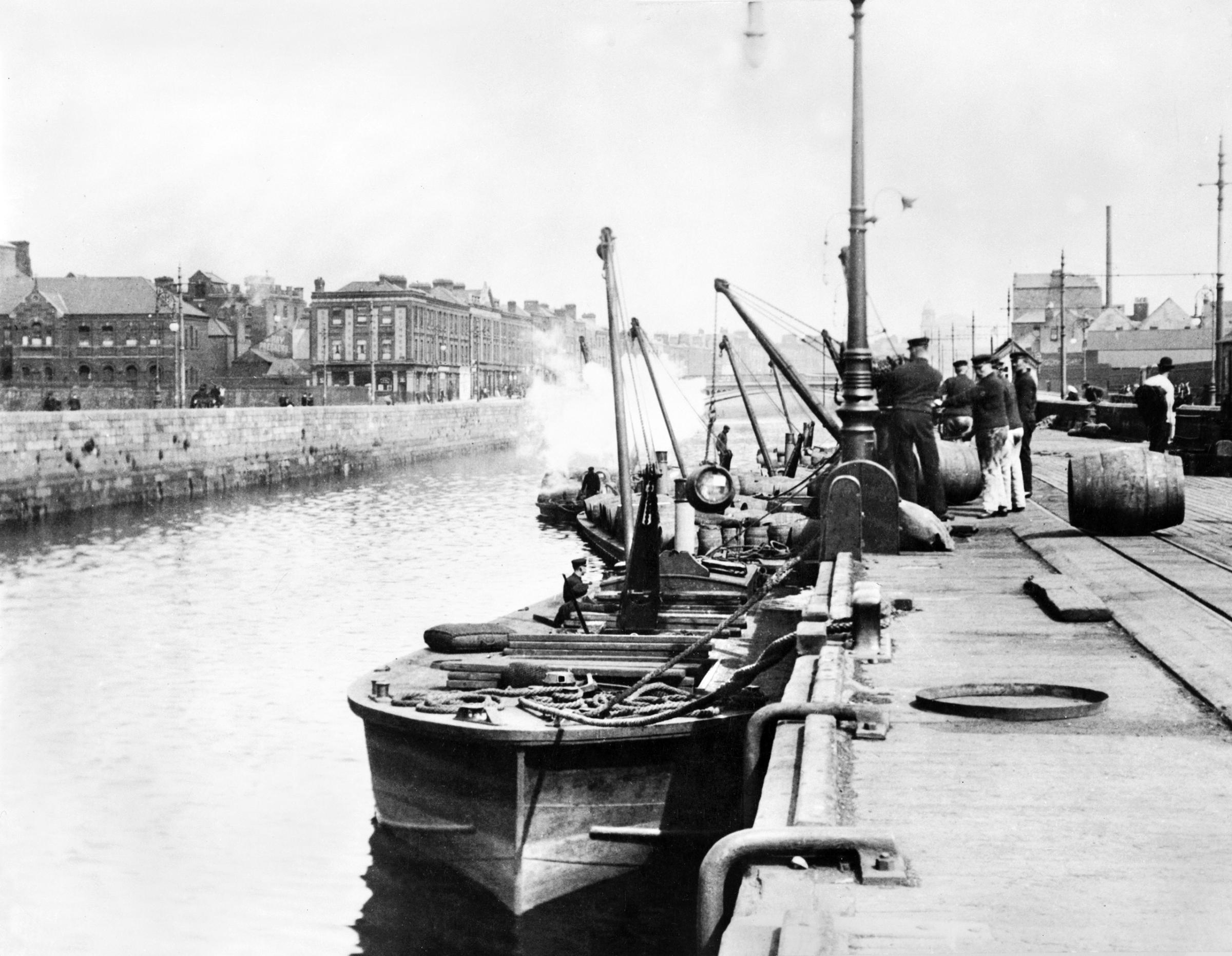
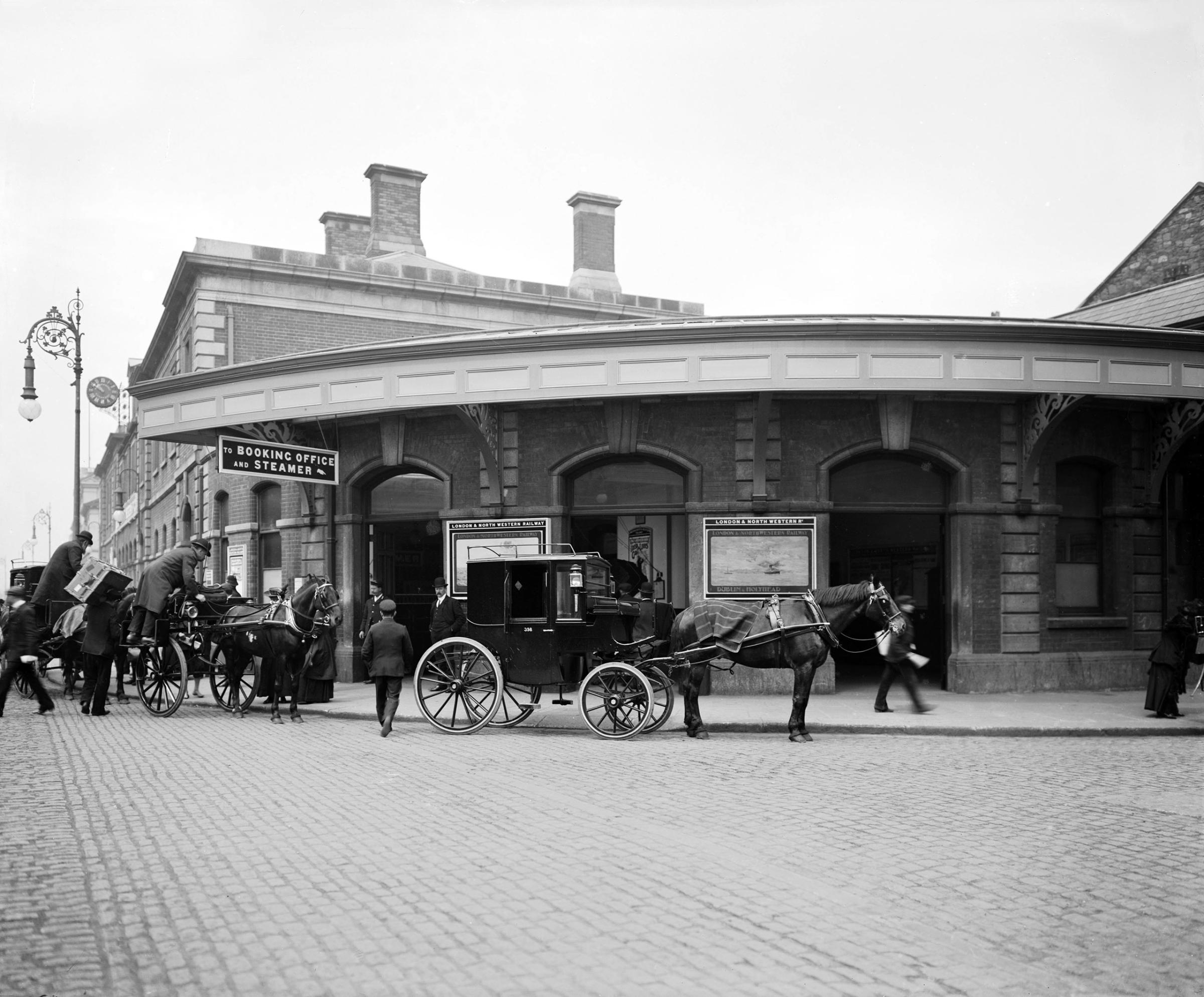
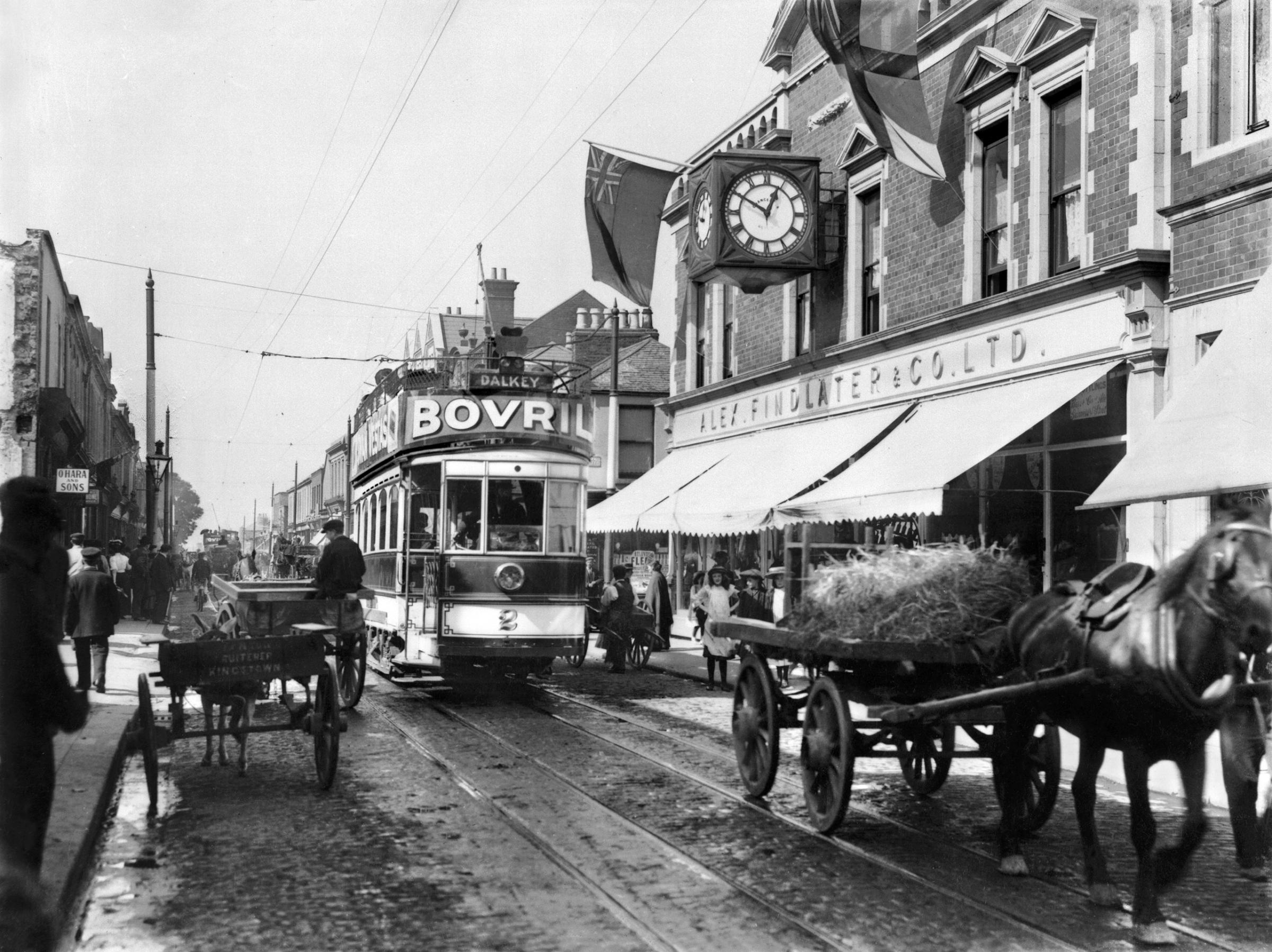
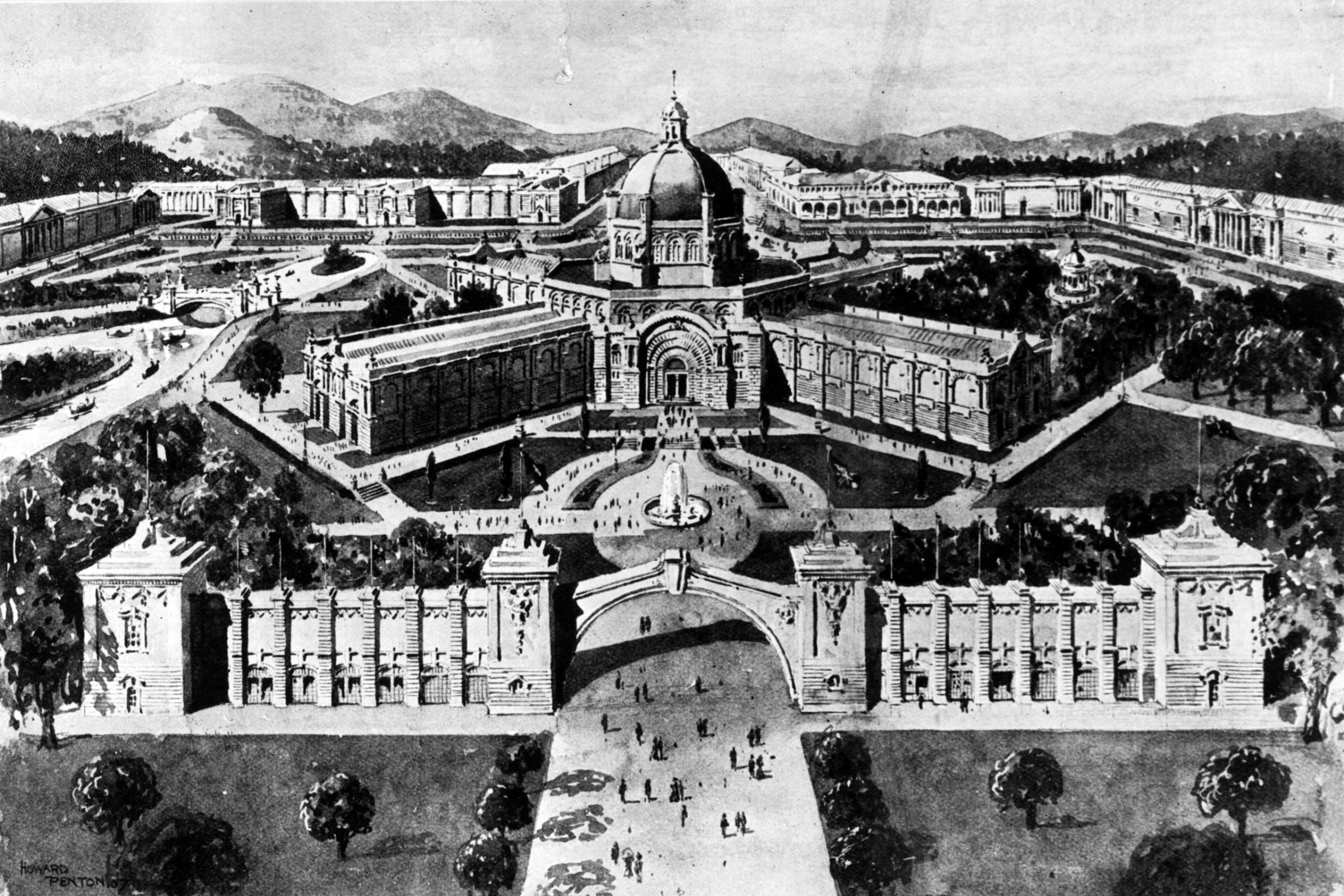

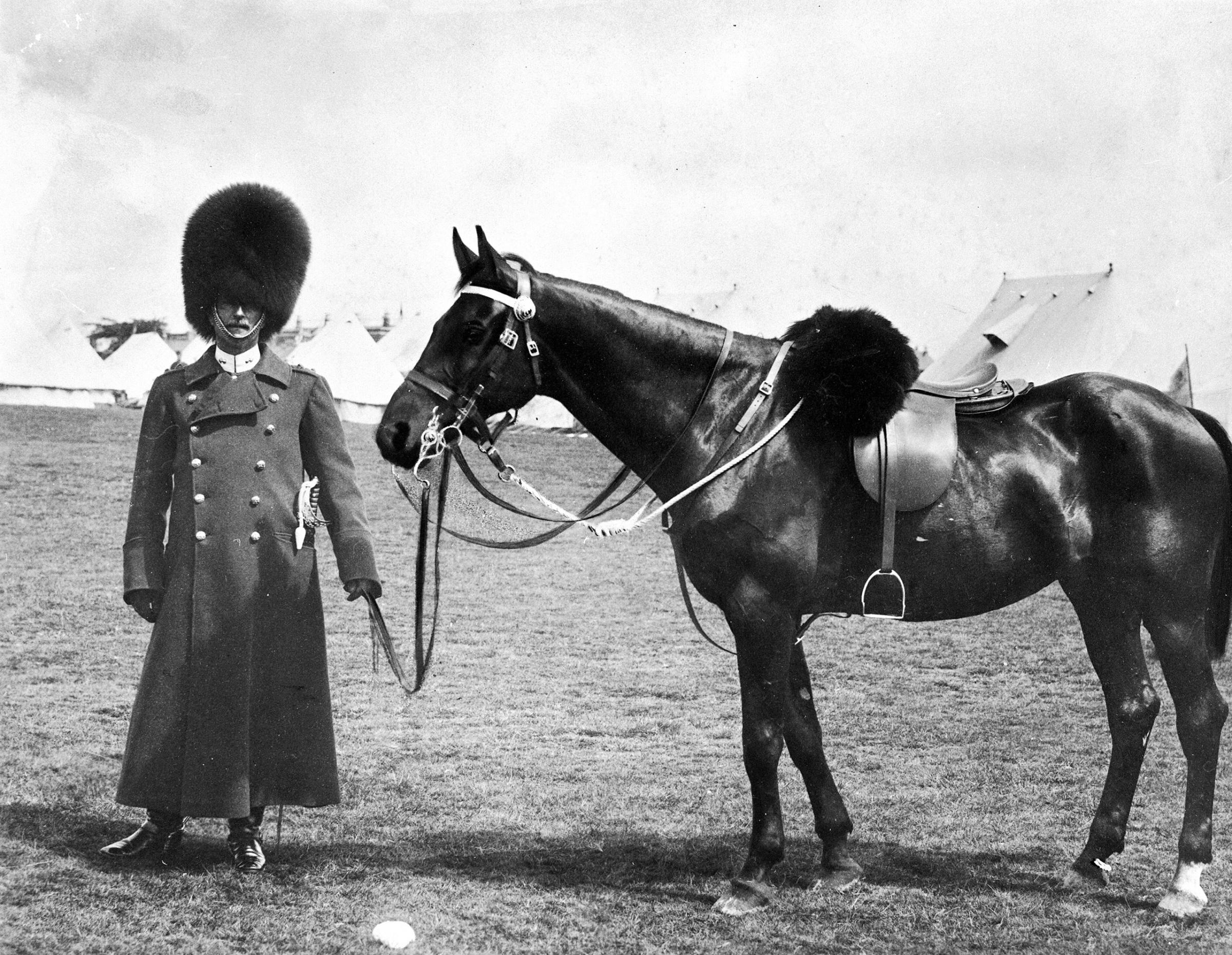
More Must-Reads From TIME
- The 100 Most Influential People of 2024
- How Far Trump Would Go
- Why Maternity Care Is Underpaid
- Scenes From Pro-Palestinian Encampments Across U.S. Universities
- Saving Seconds Is Better Than Hours
- Why Your Breakfast Should Start with a Vegetable
- Welcome to the Golden Age of Ryan Gosling
- Want Weekly Recs on What to Watch, Read, and More? Sign Up for Worth Your Time
Write to Olivia B. Waxman at olivia.waxman@time.com